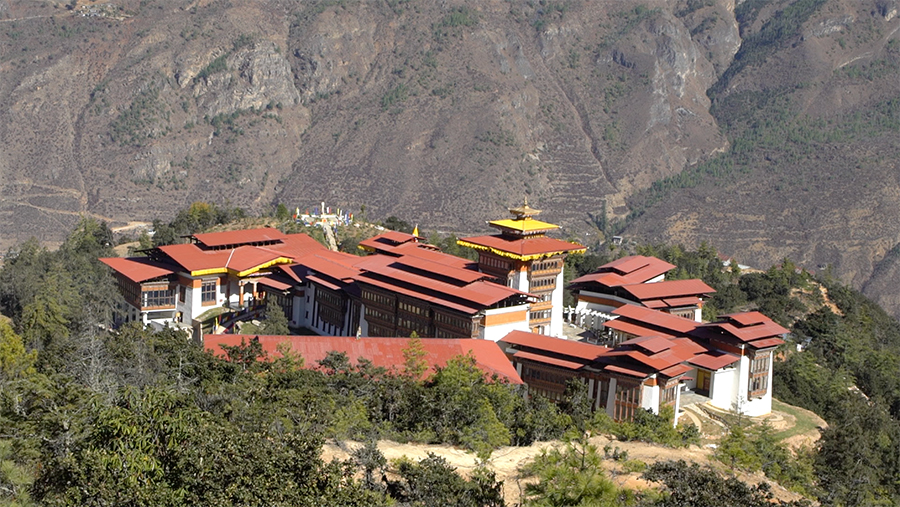
Law students who have studied outside the country will now have to produce a postgraduate diploma certificate in order to sit for the RCSC’s preliminary examination. According to the RCSC, this change is because of the requirement by the Jabmi Act 2003 and its allied Rules and Regulations for legal professionals to be certified and eligible to practice law in the country. After discontinuing the programme at the Royal Institute of Management, the JSW School of Law will now provide the postgraduate diploma starting August this year. Students will have to pay fees amounting to over Nu 100,000 for tuition, meals, and accommodation.
According to a recent RCSC notification, the change was decided after a series of meetings held among the Bar Council of Bhutan, Bhutan National Legal Institute, the Judiciary, JSW Law School, and the RCSC.
For the two-semester PGDNL program, the tuition fee amounts to Nu 103,000. Additionally, students will have to pay Nu 1,000 for accommodation and Nu 3,500 for meals, every month.
This has left law graduates worried. Among them is 22-year-old Dechen Namjur who currently resides in Gelephu. She travelled all the way to Thimphu with her friend who is also a law graduate, to appeal her concerns on behalf of the law graduates.
“We are not satisfied with how this has turned out for us. Most of us do not have a strong financial background. Some of us are recipients of Kidu while others have single parents looking after them. The fees are really too much for us. It would help us if the fees could be decreased in any way.”
Another student who requested anonymity also shared that the fees of the bridging course for students who have scored below 60 per cent are costly for law graduates
The tuition fee for the two-week bridging course is Nu 10,300. Additionally, students will have to pay Nu 1,750 for meals and Nu 500 for accommodation.
“Since we felt this was unfair and even discriminatory, we came here to raise our voices. However, officials from the agencies concerned have refused to support us. The officials are encouraging us to go abroad,” said a law graduate.
Others said that if the fee structure could be reviewed, it would relieve the burden of affordability for law graduates.
“I want to request a decrease in the tuition fees which is too much for us. This would really help students like us who do not come from a strong financial background. I have been a scholarship student. Now, after completion, it is mandatory for us to go through the PGDNL programme and there is no way we can afford it,” said a law graduate.
“The cost is really high for normal citizens like us. On top of that, there are only 40 seats available, and that too on a first come, first served basis. I feel it is really unfair for us,” said another law graduate.
The RCSC said that the fee structure is not under their jurisdiction.
The prime minister during the Meet the Press session today said that the RCSC’s requirement for law graduates are given scholarships to study Bachelors of Law at the JSW Law school. As for the law graduates from colleges outside the countries, the provision to take up post graduate diploma in National Law at the school is as same as when the course was offered at the Royal Institute of Management wherein only those who get through the civil service examination got government scholarship and others had to pay for the same course.
Meanwhile, the JSW Law did not comment on the matter.
Tashi Yangden
Edited by Kipchu








